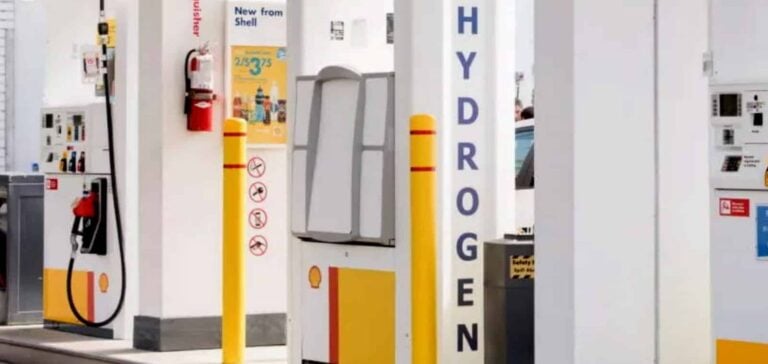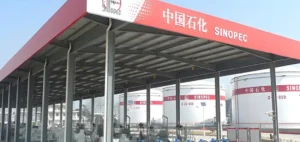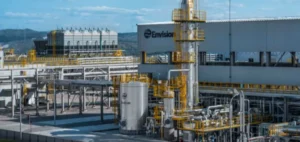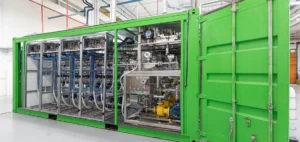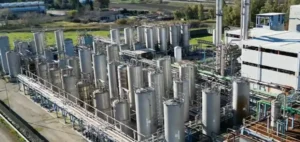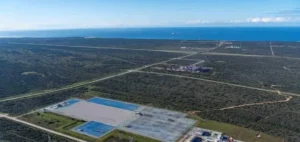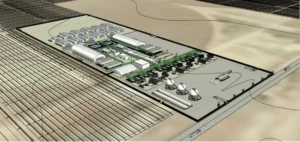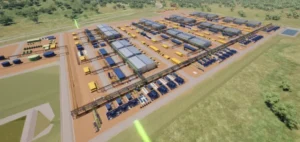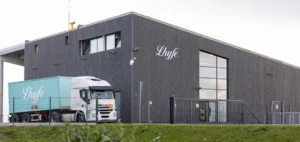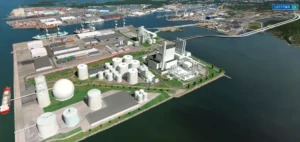Platts’ most recent average monthly valuation represents a 1.42% increase on the May 1 valuation and a 3.43% drop on the record set in February. This valuation is a weighted average of hydrogen prices offered at filling stations across the state. Since the start of the Platts evaluation in September 2021, average pump prices have jumped by 108%. An analysis by Commodity Insights on May 2 identified Californian prices as the highest in the world, far ahead of those in Japan, valued at an average of $7.71/kg on May 1.
Significant price disparities
A Canadian hydrogen developer told Commodity Insights on May 23 that it is offering grid-connected electrolysis-produced hydrogen in British Columbia at a price of $3.50 to $5.80/kg at the gate, for around 10,000 kg/day, in line with Canada’s investment tax credit. Infrastructure for hydrogen fuel cell electric vehicles is still in the early stages of development, for both light and heavy-duty transport, according to industry players. In California, these vehicles will account for just 0.85% of total zero-emission vehicle sales in 2023, according to data from the California Energy Commission.
The challenges of station deployment
During a panel discussion at the World Hydrogen Conference on May 23, Kimberly Okafor, Managing Director of zero-emission solutions at Love’s Travel Stop, highlighted the difficulty of dispersing stations over a wide area when fleets operate only a small number of hydrogen trucks. “You built $40 million worth of infrastructure for four trucks,” she insisted, emphasizing the need to focus on building stations along a “single corridor” to stimulate demand. On March 12, the Biden administration released an infrastructure strategy document outlining the role hydrogen refueling infrastructure will play in decarbonizing heavy transportation. On May 7, hydrogen fuel cell vehicle producer Nikola announced in its earnings report its intention to provide nine “refueling solutions” by mid-2024, with a total of 14 in North America by the end of the year. In the first quarter, the company launched its first hydrogen refueling stations in Southern California and the Edmonton area. Despite these advances, large-scale deployment of the infrastructure needed to democratize hydrogen as an automotive fuel remains a major challenge. Industry players will have to meet these challenges if they are to make hydrogen a viable alternative to traditional fossil fuels in transport.

